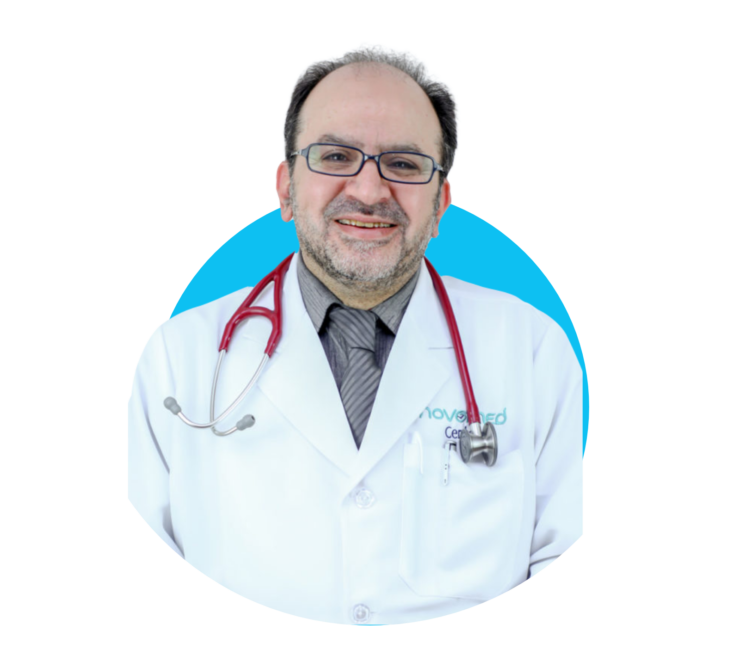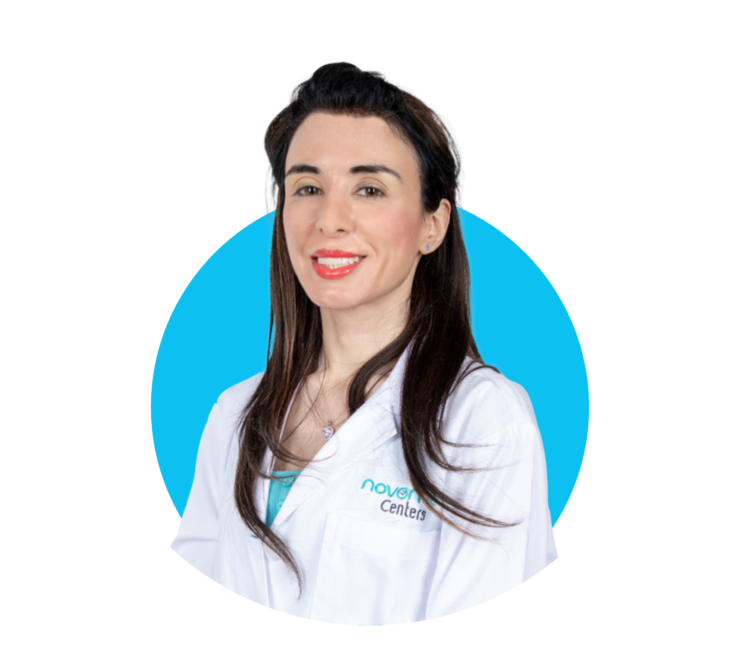Cholesterol Testing in Dubai and Al Ain
Overview
Cholesterol is a substance found in your blood and body’s cells and is vital to keeping your cells and organs healthy. Your body gets its cholesterol needs from food, such as meat, eggs, and dairy products, but if you have too much cholesterol in your body, it can build up as a sticky substance (called plaque) in your arteries and narrow them, making it more difficult for blood to flow through them.
A cholesterol test, also known as a lipid panel or lipid profile, is a blood test that determines how much cholesterol and triglycerides are present in your blood. There are no symptoms associated with high cholesterol, and cholesterol test is the only way to detect if you have it.
Everyone should have their cholesterol levels examined once between age 9 and 11 and again between age 17 and 21. Most healthy people should get their cholesterol checked every 4 to 6 years. On the other hand, people with heart disease, diabetes, or a family history of high cholesterol, should have their cholesterol checked more frequently. Your doctor will determine how often to have the test based on your medical history and overall health.
Why is cholesterol testing done?
This test provides essential information about your risk of heart attacks, heart disease, and blood vessel damage. A cholesterol test measures the following:
- LDL cholesterol levels (also known as bad cholesterol). High LDL cholesterol levels can cause plaque accumulation in your arteries, leading to heart disease or stroke.
- HDL cholesterol levels (also known as good cholesterol). High HDL cholesterol levels can help with the removal of LDL cholesterol, keeping arteries open and blood flowing freely.
- Triglycerides (a type of fat found in the blood) levels. High triglyceride levels may raise your risk of heart attack and stroke.
- Total cholesterol levels. This is the total amount of LDL, HDL, and triglycerides cholesterol levels in your blood.
How to prepare for cholesterol testing and what does it involve?
The doctor will ask you to fast for nine to twelve hours (no foods or liquids other than water) before the cholesterol test that will be done next morning. They will also let you know if there are any further instructions during your initial appointment.
The doctor will clean the puncture site with antiseptic and wrap your upper arm with an elastic band. They will then use a tiny needle to draw blood from a vein in your arm. A small amount of blood will be collected into a test tube once the needle is inserted. This test only takes a few minutes.
Your cholesterol levels are usually measured in milligrams (mg) per deciliter (dL). The desirable cholesterol levels are the following:
- LDL cholesterol: less than 200 mg/dL
- HDL cholesterol: greater than or equal to 60 mg/dL
- Triglycerides: less than 150 mg/dL
- Total cholesterol: less than 200 mg/dL
What are the treatments available for high cholesterol levels?
If your cholesterol level is high, you may be able to lower it by making lifestyle changes, taking medications, or a combination of both. The doctor will determine the best method for lowering your cholesterol.
Treatment options for high cholesterol levels include:
– Lifestyle changes: such as stopping smoking, exercising regularly, eating a balanced diet, losing weight, and lowering alcohol consumption.
– Medication: such as statins, which prevent your liver from producing cholesterol, or niacin, which help raise HDL cholesterol levels.
Schedule your appointment at Novomed today
If you want to get your cholesterol levels checked, make an appointment today by calling toll-free 8006686 or clicking the live chat icon at the bottom of the screen.
Adults should keep their total cholesterol below 200 mg/dl. Doctors find 200–239 mg/dl high and 240 mg/dl extremely high.
High blood cholesterol can be caused by various causes, such as poor diet, lack of exercise, and having an underlying condition like high blood pressure.



